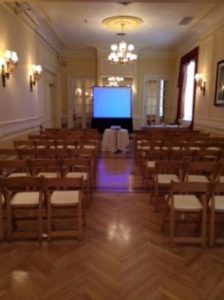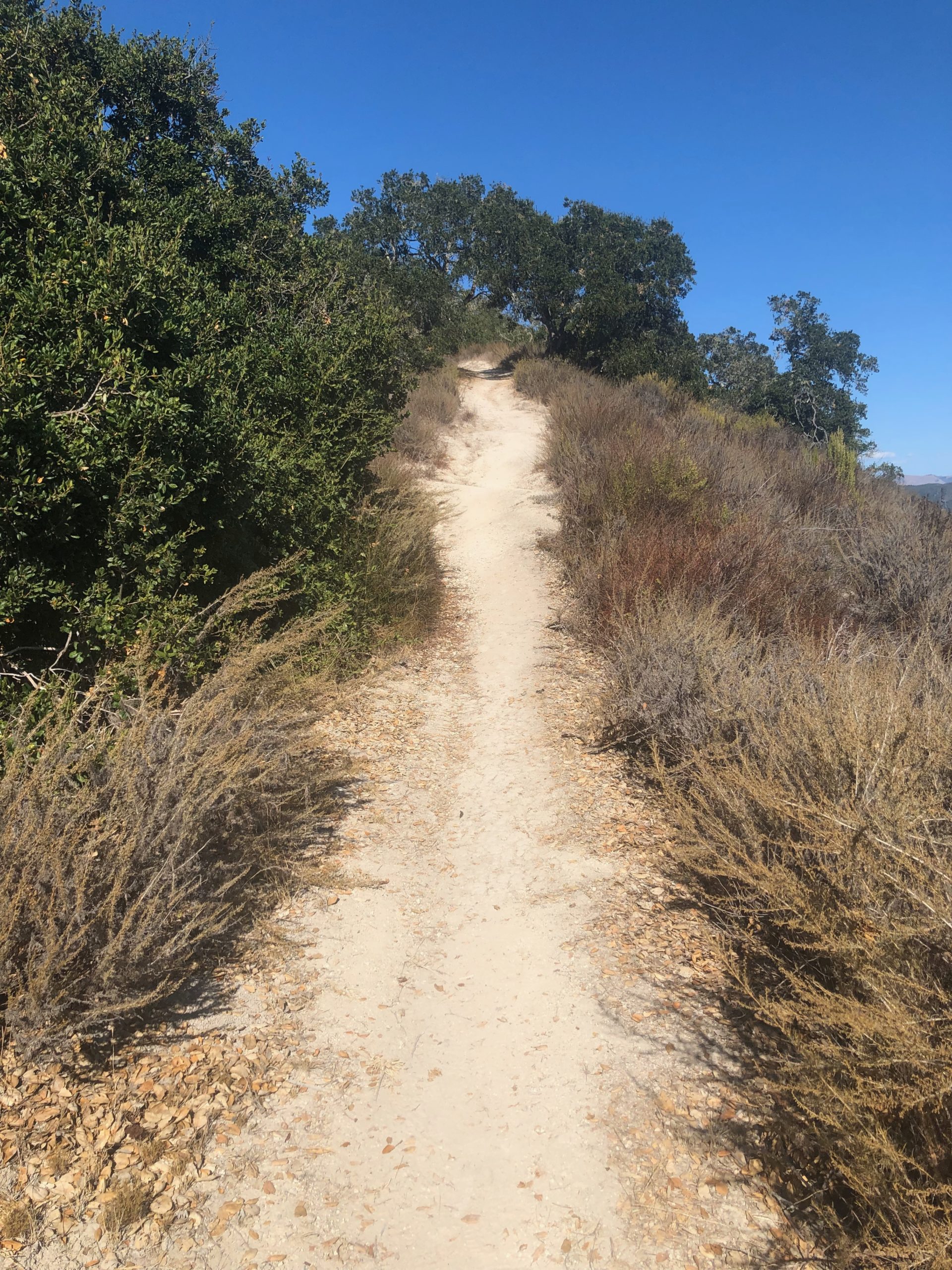Classroom management is a billion-dollar business. Books, consultants, conferences – oh my!
Today’s marketing rhetoric about classroom management includes phrases like “building students up instead of breaking them down,” but the reality remains the same. According to one popular website that I refuse to link, “Many teachers today are asking for help, they want to know how to quiet a noisy classroom.”
Management is the practice of manipulating individuals to behave in ways that support organizational goals. In the classroom, management means subjugating individual students for the purpose of maintaining the illusion of control. Learning is a highly individualized experience. Therefore, classroom management is antithetical to learning.
Speaking of syllogisms…
Remember Aristotle
Human beings have done learning extremely well for thousands of years. We were born to learn. Along the way, we have established some rich traditions that enable us to extend our understanding. Sir Isaac Newton, one of the greatest mathematicians and physicists of all time, put it this way: “If I have seen further it is by standing on the shoulders of giants.”
Aristotle was one of those giants. Aristotle is an essential historical figure to anyone who thinks about thought and our relationship to the world around us. Logic, ethics, physics, the scientific method, the list goes on and on… The impact of Aristotle’s teaching and writing influence every major thinking tradition we have.
When Aristotle began teaching in the Lyceum over two thousand years ago, he founded the Peripatetic School. The word “peripatetic” is a transliteration of an ancient Greek word that meant, “walking” or “given to walking about.”
Intellectual Veal
You know the school rules:
- Sit still
- Keep your eyes on your own paper
- Raise your hand
- Ask permission to leave your seat
You also know what happens after school. Your work colleagues, neighbors, and extended family all want you to:
- Be a better communicator
- Be a team player
- Find opportunities on your own
- Solve problems
- Take ANY sort of initiative
Taking the First Step
Howard Rheingold invited me to go for a walk.
I’d read about Silicon Valley geniuses and business executives who did this kind of thing, but my clients and colleagues met around conference room desks. The experience of hiking-to-brainstorm was new.
When I arrived, Howard took one look at my flip flops. “Are you sure you’re going to be comfortable in those?”
“Yep.” I guessed. My shoes were a couple hundred miles away.
He put his dogs on the leash and the four of us headed up a trail through wetlands toward Mt. Tamalpais. By the time we got back to Howard’s house, my feet were tired and my brain was happily popping with all sorts of new ideas.
Classrooms Not Cages
The problem will not be solved by technology, especially when it relies on Medieval design that reduces to one screen that rules them all:

The solution is easy. Learners should be free to walk, talk, use tools, find the others, and THINK.
I’ve worked with learners who wrote essays in circles, read by walking around the room, and did their homework underwater and on roller coasters. They were happier, healthier, and way more productive than those sad students stuck in seats all day.

Do Your Own Research
Whereas Plato centered his philosophy around ideal forms, Aristotle focused on real-time experience. I like combining the two (along with a bunch of other thinking traditions) to inform my life and work. Jim Bruno, my grad school advisor and one of my favorite human beings of all time, once counseled me about my dissertation research: “If you can’t explain your Ph.D. to the drunk at the end of the bar in less than three sentences, what’s it worth in the real world?”
That’s why I used “take a hike” to title this post, instead of something like, “Modern Vascular and Cognitive Applications of the Peripatetic School,” for example.
That’s also why I encourage you to experiment for yourself. (See what I’m doing here? LEARN. Don’t settle for being taught.)
For starters, if you need more evidence that sitting still all day is exhausting, read this pre-pandemic (reminder: “normal” in school was never that good) account from a teacher who tried to be a student for a couple days and nearly died:
Teacher spends two days as a student and is shocked at what she learns
Then check out a peer-reviewed study in a highly respected research journal about the cognitive benefits of doing short bouts of Zone 2 aerobic exercise before sitting down to work:
Don’t stop there. Put one foot in front of the other. Do you feel better about your concentration, understanding, and memory after you walk, jog, or do some light calisthenics? Or do you find it more helpful to sit on the couch and watch TV while eating processed snacks?
Now Move
If you take this information in without acting on it, and inviting others to do likewise, you’ve just wasted a few minutes and the experience is worse than worthless. So DO something. Move your body and your mind will follow. Now. Nodding in agreement is a start. Better still, go for a walk. Best, take your learners with you. As Lao Tzu put it, “A journey of a thousand miles begins with a single step.”
Please let us know the results! Contact Me to continue the conversation.
